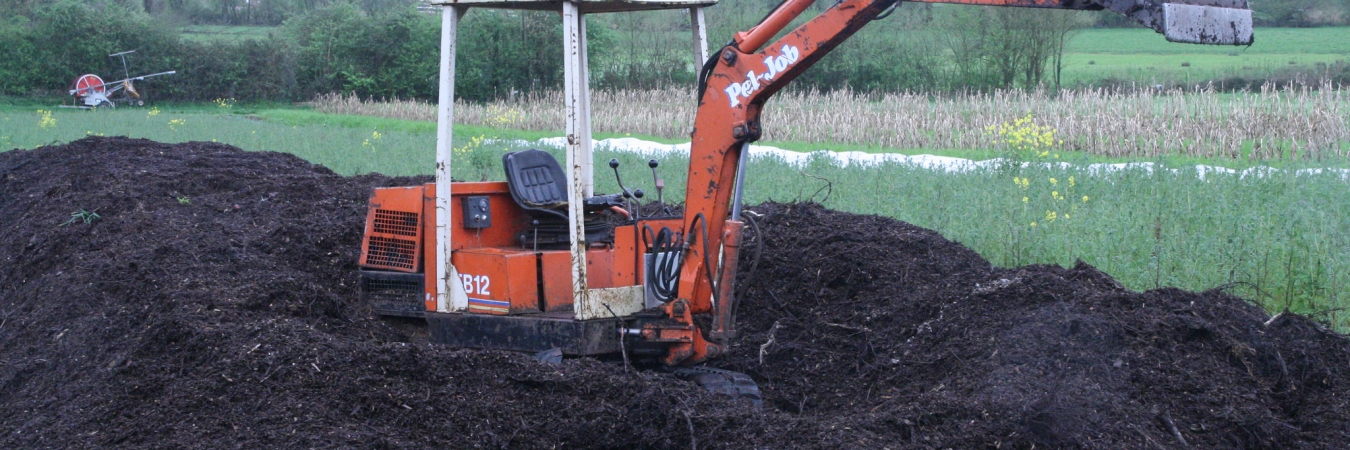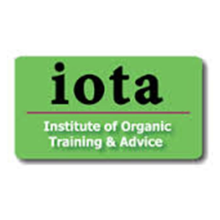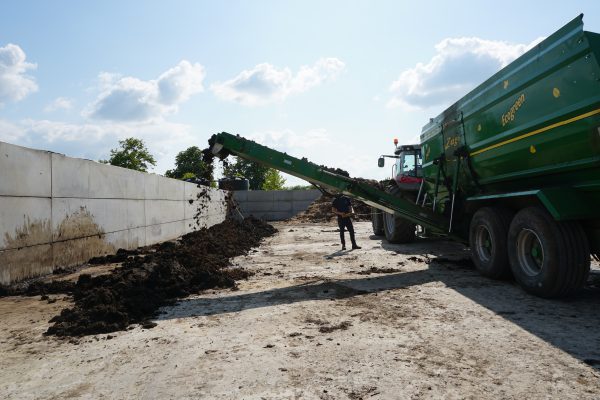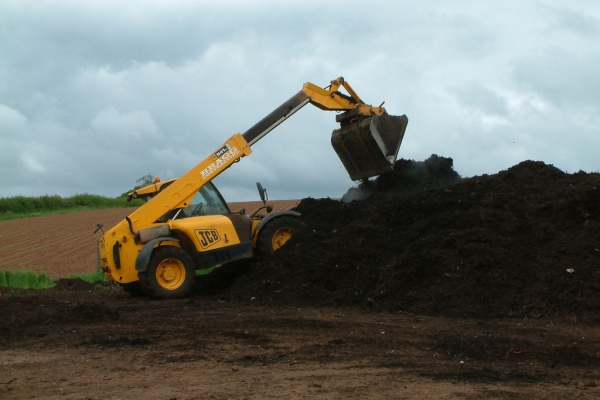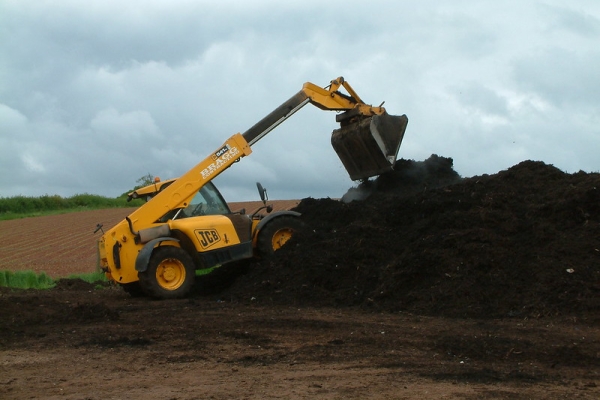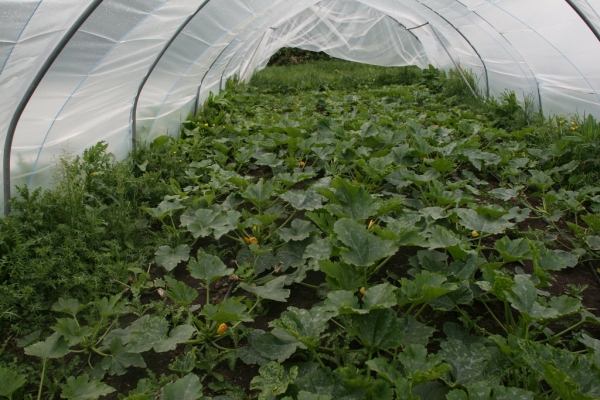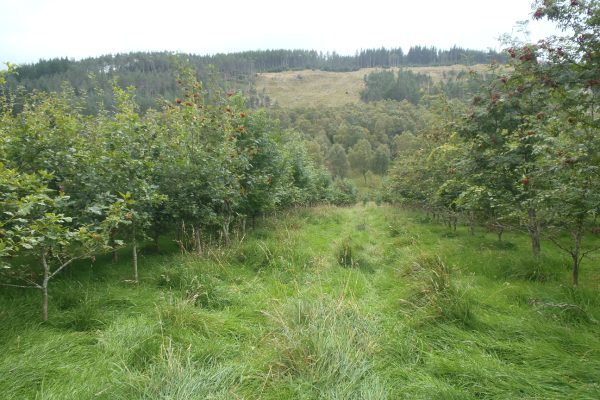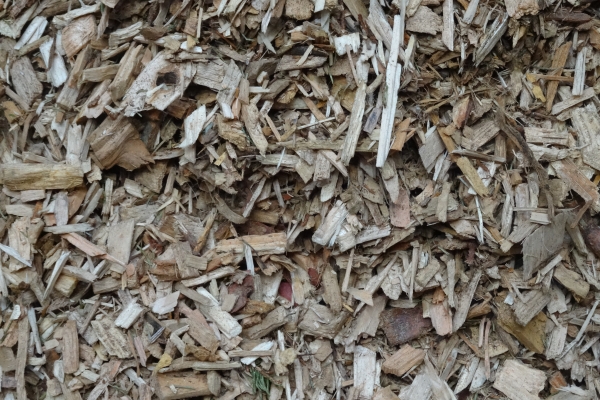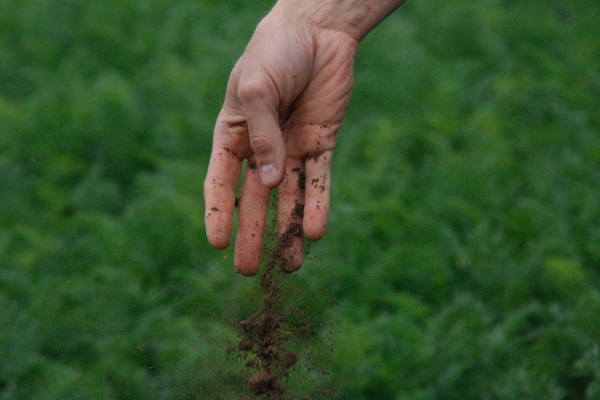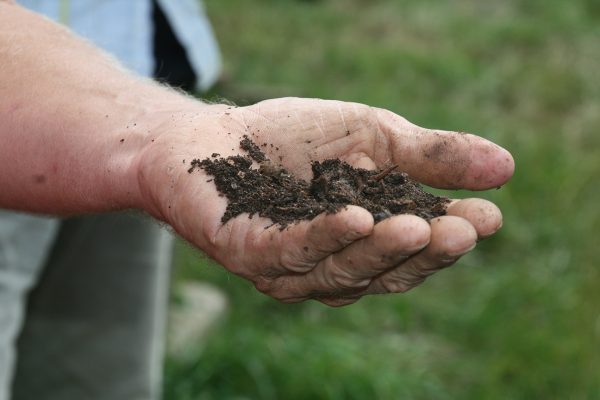Compost: The Effect on Nutrients, Soil Health and Crop Production
IOTA Results of Organic Research: Technical Leaflet 5
Resource explained
Use of compost can increase your soil organic matter and water holding capacity and provide slow release nutrients to crops, which can lead to long-term yield increases.
This technical leaflet produced by the Institute of Organic Training & Advice provides information on what compost is, what it does and when it should be used. You can use it to help inform decisions about what approach you should take to composting to suit your farm situation. It includes reference to organic regulations but you must ensure you consult current standards and regulatory requirements.
Information is divided into:
- Definitions of materials and terms associated with composting;
- reference to results taken from a research review;
- information on potassium and phosphorus;
- compost management;
- benefits obtained from using compost;
- using compost versus fresh or stored manure, and;
- factors to consider regarding the use of compost.
Findings & recommendations
- Compost can improve soil chemical and physical properties.
- The benefits you will get from applying compost will depend on what has been composted, how the process has been managed and your objective in applying it. You need to consider a range of factors before deciding on your approach; soil type and the basic soil fertility profile are key. The fertility and biological activity of the soil can firstly be maintained or increased by cultivating legumes, green manures or deep-rooting plants in an appropriate rotation programme, and incorporating livestock manures or other organic material.
- Research shows that compost has the potential to improve almost all relevant soil properties and can be particularly useful for high value vegetables, fruit and protected crops.
- Stacking manure uncovered can carry a risk of nutrient losses through leaching and/or volatilisation and has environmental pollution implications.
- Compost made with a combination of grass and straw can contain twice the potassium of chicken manure. Prevention of leaching and using covers will help preserve potassium.
- Manure can have higher available nutrient levels (particularly nitrogen) and an organic component that is more susceptible to breakdown. This can make it more useful in sustaining crops with a relatively high nutrient demand.
Related articles
Anaerobic digestate and compost as sources of plant nutrients and organic matter; research findings and guidance on practical application.
Useful guidance from OF&G to help you comply with regulations for using compost and digestate on organic land.
Using green waste compost to help manage reductions in soil organic matter in arable soils; reducing fertiliser use, improving soil health, and reducing landfill
A grower’s experience and insights on using green waste compost within a rotational farming system to improve soil structure.
Recommendations from the SOLMACC project for implementing climate-friendly and resilient farming practices on-farm.
Video footage of a session that formed part of the Organic Growers Alliance's Organic Matters conference held in October 2021. It focuses on improving soil...
Recording of an Organic Growers Alliance's Organic Matters 22 conference session exploring stockfree organic standards and carbon sequestration, mobile green manures, Organic-PLUS trials on fertility-building...
Session from 2024 Oxford Real Farming Conference featuring grower Iain Tolhurst (Tolly) and "biological nutrition" farmer Tim Parton discussing soil health at scale.
